ISPB has had a long, successful history of promoting vision health and safety, educating the public, and moving bills through the state legislature. Here are some of the most pivotal success stories.
Founded in 1916
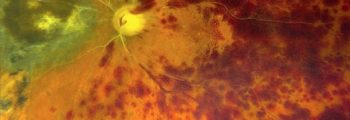
The Illinois Society for the Prevention of Blindness was formed by a dedicated group of Illinoisans who believed that at least 50% of blindness could be prevented. The first mission of ISPB was to convince state government that the frequent blinding of newborn babies was not an uncontrollable factor in child-birth and could be prevented by administering drops of silver nitrate in the baby’s eyes. The original slogan for the non-profit group was, “No needlessly blind babies in the state of Illinois.” They began their mission by lobbying the Illinois legislature to pass a mandatory silver nitrate bill. After many years of campaigning, the ISPB convinced the Illinois legislature in…
Read moreTrachoma
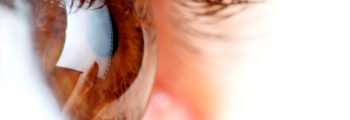
Trachoma had been endemic in the southern half of Illinois since the 18th century. In the 1920’s and 30’s there were trachoma wards set up at the Illinois Eye and Ear Infirmary for the treatment of those suffering from this blinding infection. Patients from downstate had to travel to Chicago…
Read moreGlaucoma
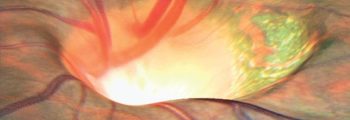
Detection and prevention of glaucoma was a top priority for ISPB. In the mid 1900’s, one out of every eight blind people was diagnosed with glaucoma. Because Glaucoma impacts peripheral vision it often goes undetected until significant loss has occurred. Consequently Glaucoma is often referred to as the “Sneak Thief of Sight.” However, a cure remains elusive, it can be controlled through early…
Read moreFireworks

The law prohibiting the purchase or use of fireworks was passed by the State Legislature in 1941. ISPB advocated for passage of this law because too many tragedies occurred at the hands of amateurs every 4th of July. In 1954, Illinois also banned the shipment of fireworks from out of state. To this day, ISPB advocates to maintain the ban on consumer fireworks when it is questioned in the state legislature.
Read moreIllinois Eye Bank
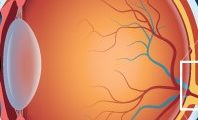
A major achievement for ISPB was the culmination of a campaign for the establishment of the Illinois Eye Bank in 1947. Similar to the concept of blood banks, the Eye Bank collects eyes from humanitarian donors for use in corneal transplants to restore sight to people who would have otherwise gone blind. In 1975, The State Legislature passed an amendment supported by ISPB to allow Illinois drivers, who are willing to donate their eyes upon death, to express their wishes by placing an “organ donor” sticker on the back of their driver’s license. Then in 1976, newly discovered means of preserving donor eyes gave promise that the Eye Bank would improve the process of matching donor eyes to patient needs. Eye Bank research, supported by ISPB funds, resulted in important progress in the medical areas of sickle cell anemia, Tay Sachs disease, diabetes, malignancy of the eye, refinements in retinal detachment surgery and improvements in…
Read moreResearch Grants
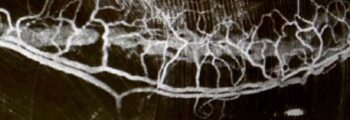
Since 1980, ISPB has annually awarded grants to support research in eye and vision health. The grant program was established “to support exploratory research studies in vision, especially as such research relates to the prevention of blindness.” Grants are awarded to medical students, residents, graduate students, postdoctoral fellows, assistant professors and other junior faculty in the ophthalmology and optometry fields. A Research Committee, consisting of ISPB board members and other professionals, review and award the grants each year. The committee evaluates applications based on the validity of the hypothesis, scientific rigor and usefulness of final data.
Read more